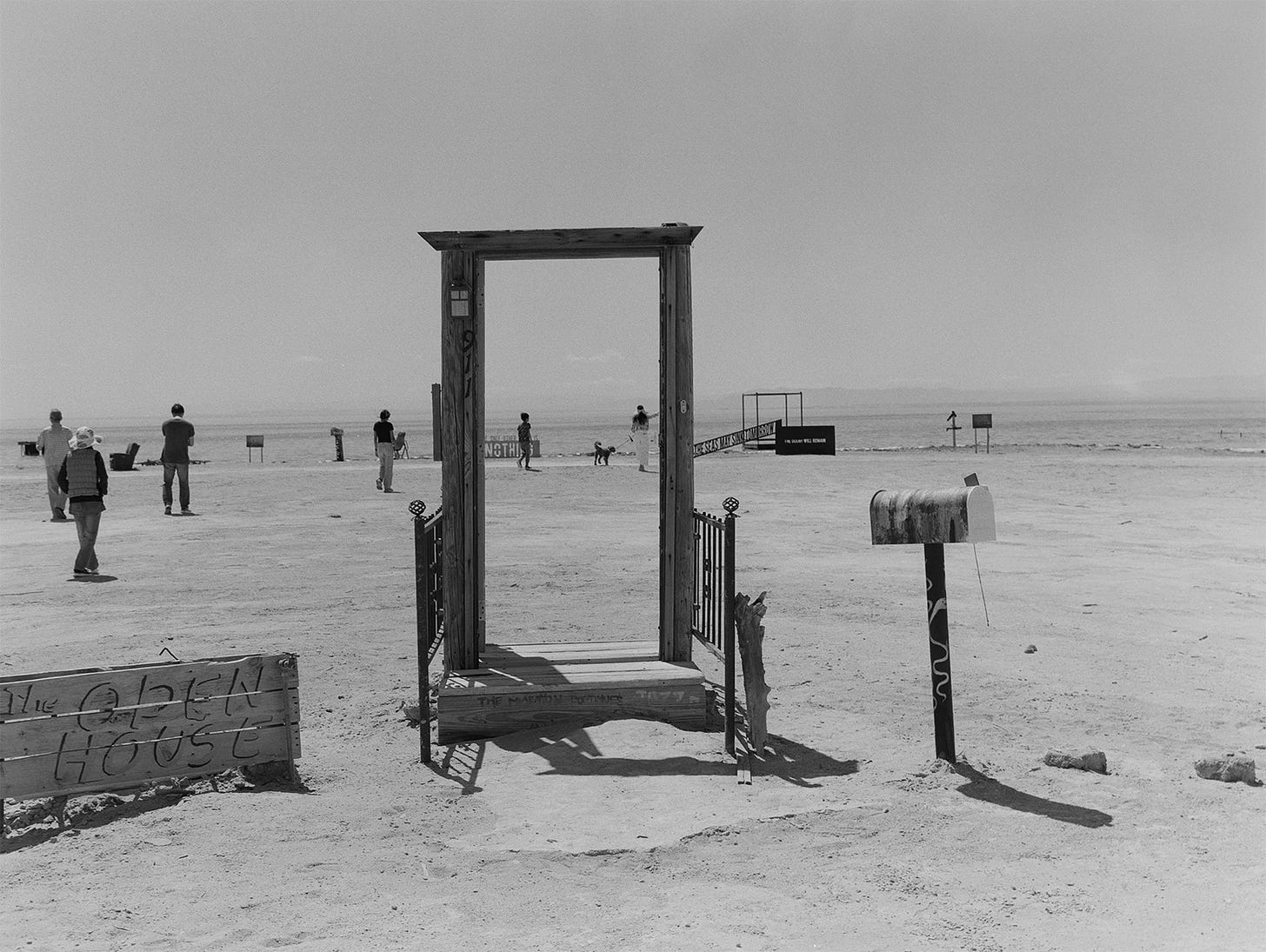Writing Prompt 69: Frame
I bought a new book the other day. Actually, I bought two. It never seems possible to buy just the one. I don't know why but books are very expensive here in Canada, far more than in the UK. But as I don't read particularly fast and I like to pencil in a few thoughts in the margins, it's okay, but nonetheless, expensive.
There is a library in the village where I live which is great. I used to use it more. I should head down there for research as my book is set in the 1930s and although I do have a few decades under my belt, I'm not that old. More and more I’m finding a Google search yields such exceptionally benign results, I need another way.
Anyway, I digress.
One of the books I bought is Bird by Bird by Anne Lamott subtitled Some Instructions on Life and Writing.
I love a book about writing - not so much a how-to (although those are enormously useful) but the ones that engage with a more philosophical approach. Often, I think, these books could be about any artistic creation.
In the chapter Short Assignments, Lamott gives us an idea of how to start writing which I think is excellent advice and want to share with you. I hope she won't mind.
"Often when you sit down to write, what you have in mind is an autobiographical novel about your childhood, or a play about the immigrant experience, or a history of — oh, say — say women. But this is like trying to scale a glacier. It's hard to get your footing and your fingertips get all red and frozen and torn up. Then your mental illnesses arrive at the desk like your sickest, most secretive relatives. And they pull up chairs in a semicircle around the computer, and they try to be quiet but you know they are there with their weird coppery breath, leering at you behind your back."1
Have you been there? I know I have. When I started to write my book, this being my first ever attempt at such a thing, I thought I would write the story of my granny's life (my grandmother on my mother's side). She lived in India for some years as a young girl before moving to Australia. Her mother was a journalist for the Sydney Morning Herald until the two of them returned to the UK in the early 1930s, my grandmother aged about 16.
The enormity of the task was too much of course and the story has evolved into something quite different. I didn't realise it at the time but slowly, day by day, by focusing on the smaller parts of the story I’ve been able to create the larger whole.
An aside — when I was younger and running cross country regularly, by the end of the run I would have that weird metallic taste in my mouth, like blood. Was it coppery?
I think Anne would want me to write about that — but I'm writing about this at the moment.
Let's continue:
"I go back to trying to breathe, slowly and calmly, and finally notice the one-inch picture frame that I put on my desk to remind me of short assignments.
It reminds me that all I have to do is to write down as much as I can see through a one-inch picture frame. This is all I have to bite off for the time being. All I am going to do right now, for example, is write that one paragraph that sets the story in my hometown, in the late fifties, when the trains were still running. I am going to paint a picture of it, in words, on my word processor."
What do you think? Is this helpful? I have found zeroing in on the small details gets me writing faster than fussing about the larger scheme of my great novel or short story. All those one-inch details, one after the other will eventually create as big a picture as you need or want or have in your imagination.
Lamott also describes this in another way, a way I've heard before.
"...thirty years ago my older brother, who was ten years old at the time, was trying to get a report on birds written that he'd had three months to write, which was due the next day."
We've all been there, right?
"...he was at the kitchen table close to tears, surrounded by binder paper and pencils and unopened books on birds, immobilized by the hugeness of the task ahead. then my father sat down beside him, put his arm around my brother's shoulder and said, "Bird by bird, buddy. Just take it bird by bird."
Such kind, thoughtful advice in all that overwhelm, taking it a bit at a time, making those small pieces beautiful and then moving to the next, word by word, bird by bird. Have you tried this? Let me know. But more than that — Have fun!
all quotes p.14 - 18, Bird by Bird by Anne Lamott — 25th anniversary edition, first published 1994


